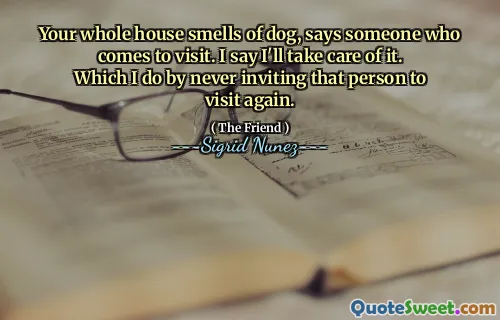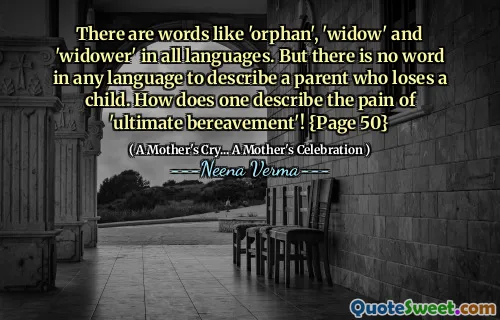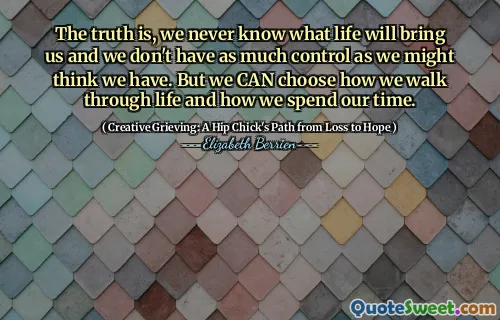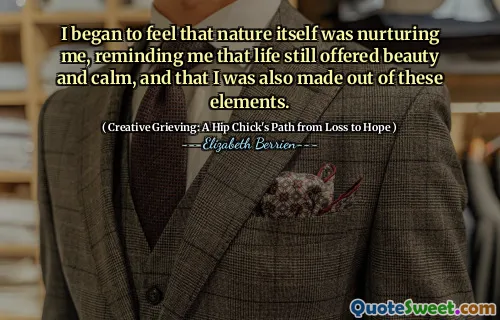They don't want to see me lose my home. They want me to come to my senses before it's too late. I need a better way to cope with my feelings of loss and guilt. I need bereavement therapy. Here are some names. I should think about medication. Here's what worked for them. There are books. There are websites. There are support groups. Healing won't come from withdrawing into a fantasy world, isolating myself, spending all my time with a dog. There is such a thing as pathological grief. There is the magical thinking of pathological grief, which is a kind of dementia. Which in their collective opinion is what I have.
The narrator expresses a deep sense of loss and guilt, realizing that those around them are concerned about their well-being rather than wanting to see them fail. They acknowledge the need for better coping mechanisms and recognize the importance of bereavement therapy to help navigate their feelings. Various resources are suggested, including medication, books, websites, and support groups, emphasizing that healing cannot be achieved through isolation or imaginary escapism.
The narrator reflects on the dangerous nature of pathological grief, likening it to a form of dementia. They convey a sense of urgency to confront their grief constructively rather than retreating into solitude with their dog. This awareness highlights the importance of seeking help and engaging with others to address their grief meaningfully, rather than succumbing to the fantasies of their emotional pain.





